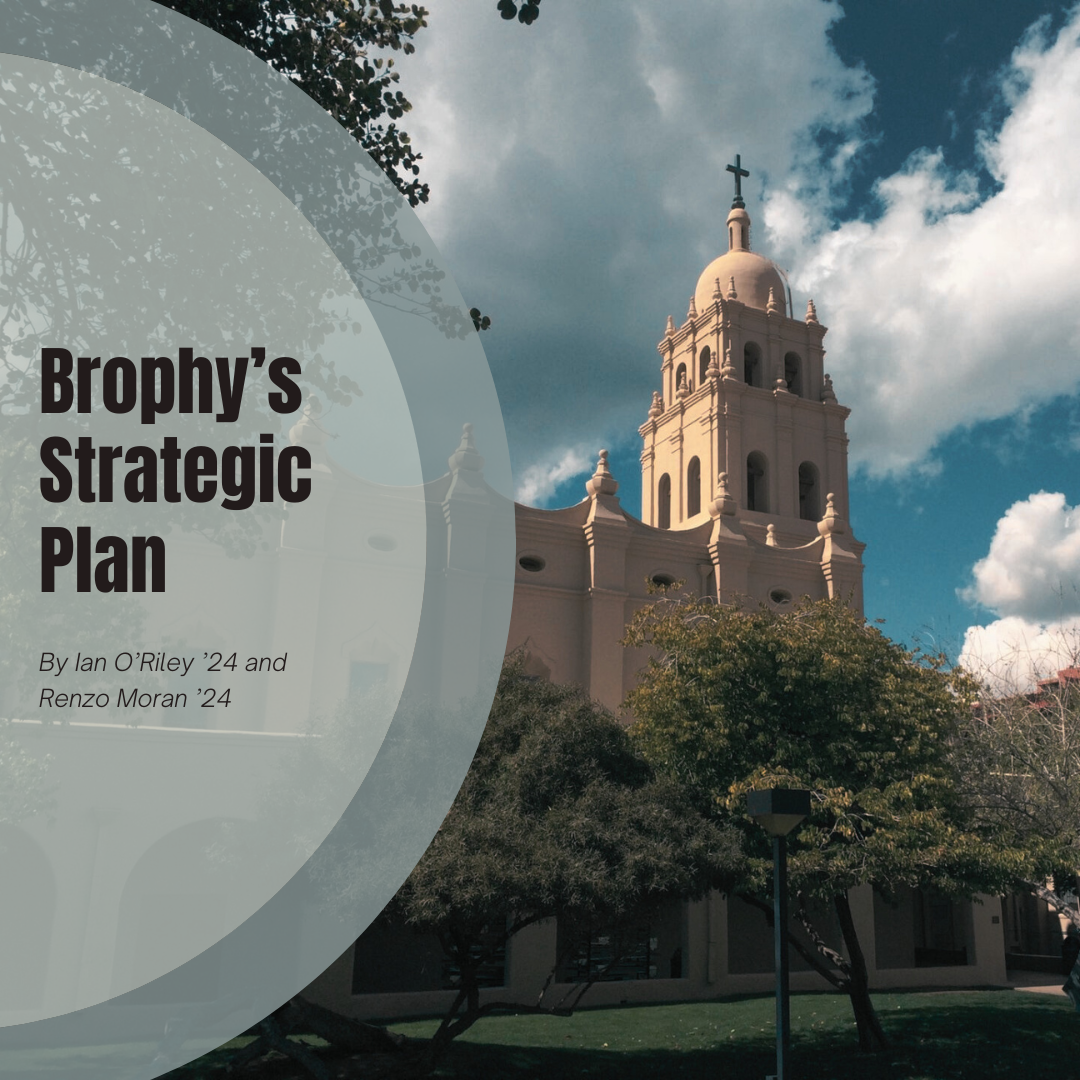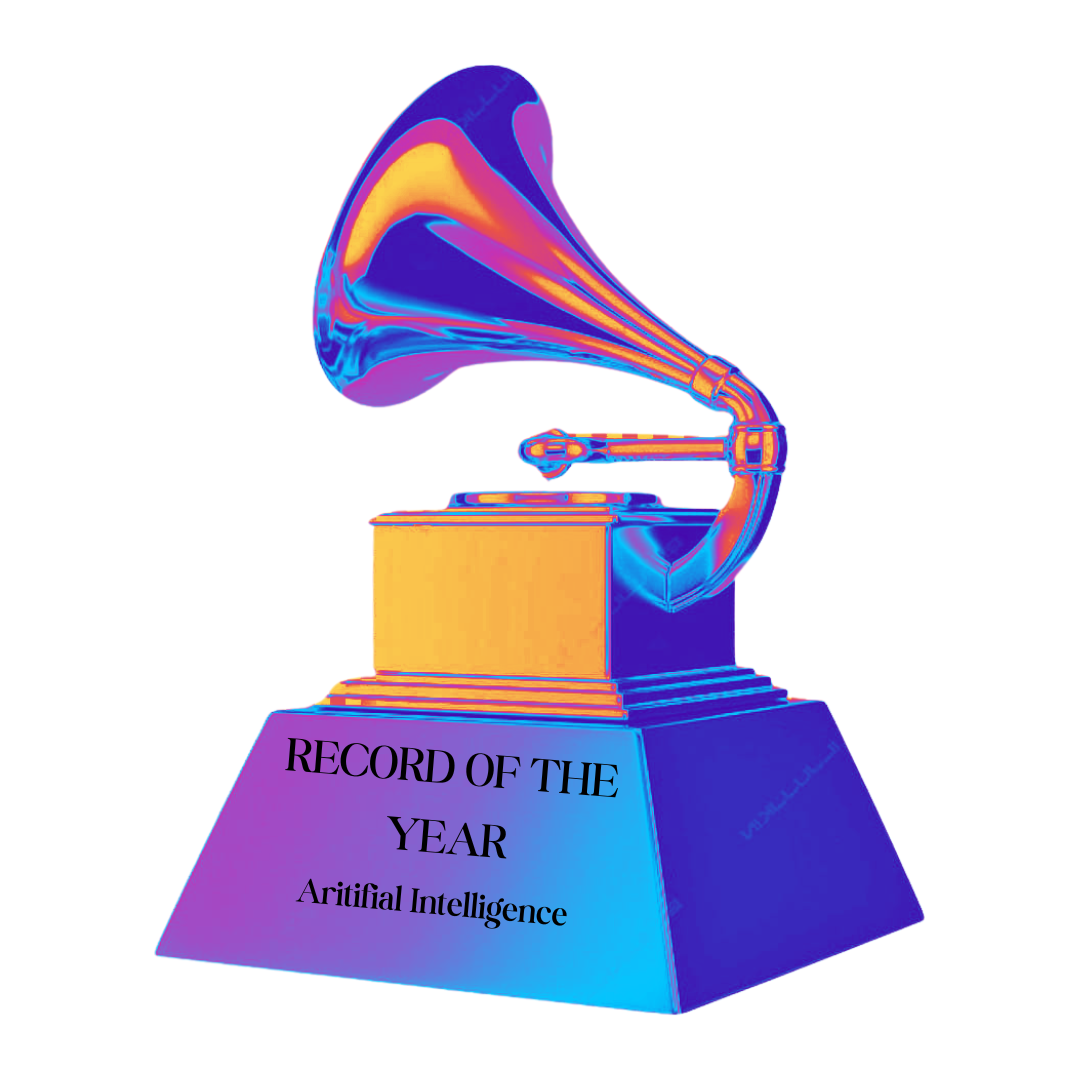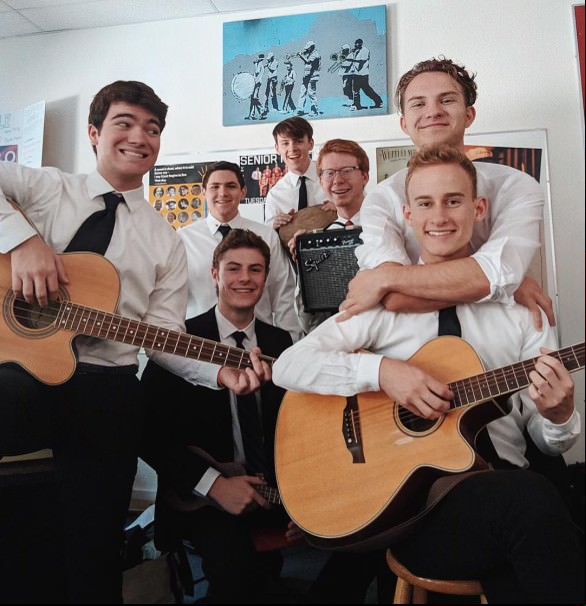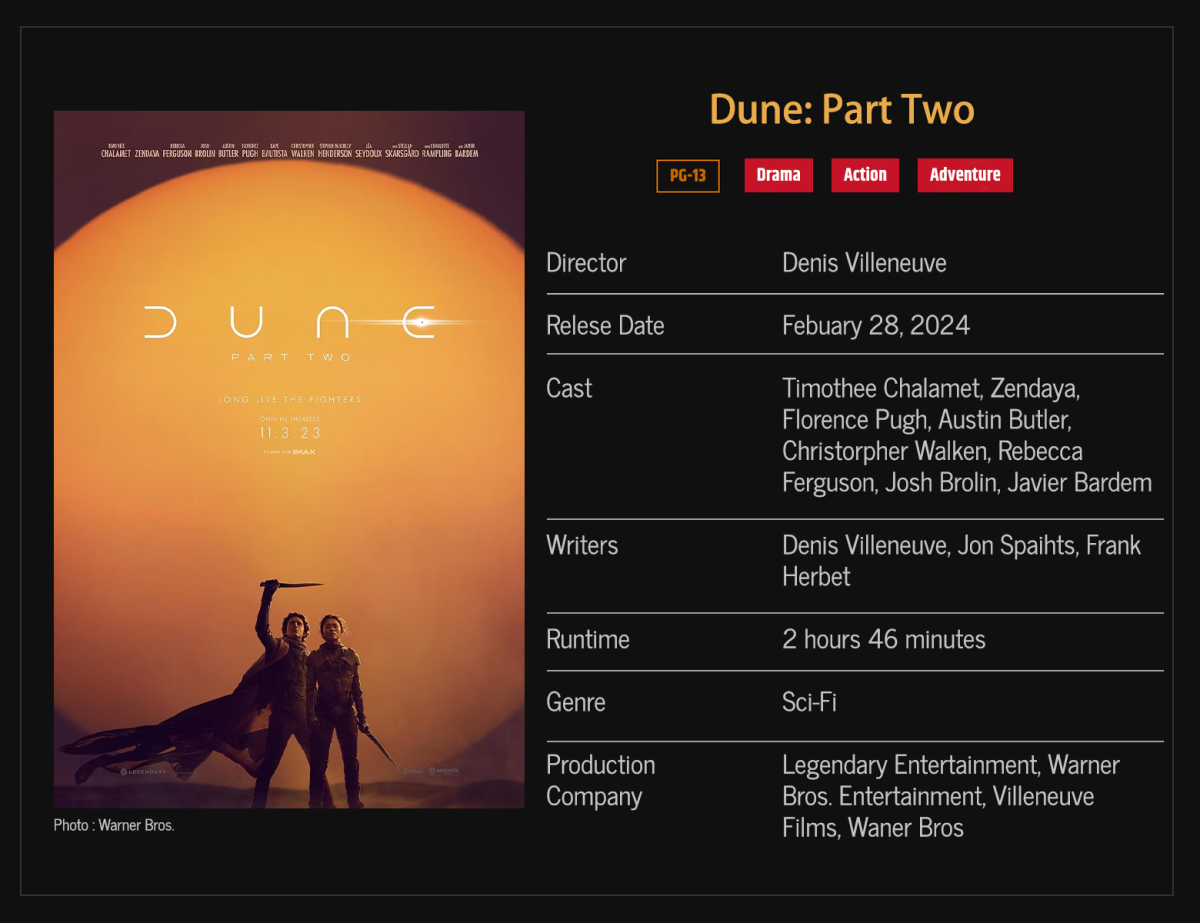By Julian De Ocampo ’13
THE ROUNDUP

Who cares about what the critics say anyways?
Comb through the discographies of your favorite artists and there’s a significant chance that you’ll find the classic anti-critic anthem that’s become a staple of successful artists.
Most fans don’t often hold the critics in better esteem. A poor review of someone’s favorite artist might have someone throwing down their copy of Rolling Stone and cursing the music journalism industry.
So what purpose do these critics serve?
For the artists, it’s an opportunity for evaluation. Whether or not they like it, critical authority and record sales have a (shaky) link that can make or break an artist.
A positive review is capable of launching a band out of obscurity and into the limelight, effectively serving as a second quality check that exists beyond the Artists & Repertoire teams over at the record companies.
As for consumers, critics are the agenda-setters of the music world.
In the past, record companies essentially monopolized music distribution, allowing them to work in tandem with radio stations and record shops to selectively pick the top albums of the time.
But as the digitization of technology has increased and the cost of recording has dropped, the number of albums released each year has become virtually uncountable, leaving the average consumer to drown in the muck of thousands of mediocre albums.
The critic exists to sift through that sludge so you don’t have to.
Rather than being a representation of the homogenization of music tastes, critics can offer diverse viewpoints and generate dialogue as to what constitutes “good” music.
You don’t have to agree with them (in fact, you ought to never agree with critics all of the time), but excellently written criticism by those with great ears will serve to broaden your music horizons, provide you with a pipeline to promising music and enhance your own personal music experience.
I’ve been writing about music on-and-off at Brophy for the past few years, and I’d estimate that I listen to over 100 albums per year, with many more singles and EPs strewn throughout. I keep up with music daily on various publications, and I attend as many concerts as interest me throughout the year.
Maybe these credentials don’t necessarily give me critical authority, but I do believe that they’ve enhanced my appreciation of music itself.
And so as I finish my year at Brophy, I’d like to share a few tips with the rest of the music-loving members of the community as to the methods I’ve developed for truly appreciating music with a critical ear.
1. Plan your listening time
A staggering number of music fans I know listen to music predominantly while studying or surfing the web.
Aside from the empirical impractically of that (silence is more productive then noise!), I’ve always felt like that wasn’t fair to the music itself. It’s sort of like texting during a movie, or using the computer while talking on the phone.
There are but a few activities that can be done concurrently with listening without spreading your attention spans too thin. They may vary with the person (so some people may have the ability to study and listen to music after all), but in my experience, the following activities work well in tandem with music: driving, chores, and exercising (walking, running, biking, etc.). Anything else risks sensory overkill that is going to detract from the overall experience.
I believe that the best way to listen to music is to simply listen.
Sometimes sitting or lying down and just listening are the best ways to seriously parse more complex works. Other times, it may be preferable to read along with the lyrics sheets (especially with concept and lyric-driven albums like those by The Mountain Goats).
Of course, if you’re sitting around doing something mind-numbing like calculus, a casual listen-through of your favorite albums is perfectly acceptable. It’s just that if you’re diving into something new and complex, you’re often better served actually sitting down and opening your ears up.
Devoting your full attention to the song at hand allows you to unpack it very closely. It may seem boring at first, but there are a million things to do within the confines of a song:
A) Isolate the instruments, observe how they work in tandem
B) Analyze the song’s structure. Is this a verse-chorus-verse song or does it experiment? If so, to what ends?
C) Pick up on the melodies and arrangement of the song
D) Pay attention to the intangibles like texture, mood and tone, then compare and contrast them with the lyrics.
Don’t feel like anything is safe from evaluation. A finely tuned song has everything in place for a reason.
Actively listening to a song is like actively analyzing poetry or film – there are myriad things set in place for you to enjoy that you’ll be glad you picked up on afterwards.
2. Context, context, context.
This is a bit of a corollary to the previous tip: Listen to it with context in mind.
Music adapts to its environment with incredible flexibility.
Some classical artists were meant to be played as background noise at parties. Punk music was meant to be played in grimy clubs for sweat-drenched crowds.
Of course, audio recording technology makes it so that we can experience these tracks anywhere, including while sitting in a chair. But unless you’re actively thinking of what the music is trying to achieve in its context, you’re going to be misevaluating the music itself.
For example, it’s foolish to denounce pop music for having obnoxious bass that sound terrible on the tinny radio because these were tracks that were meant to be played at parties and in clubs with robust sound systems.
Sometimes this means doing a little bit of research to better understand what the artist’s circumstances and goals were. This doesn’t necessarily mean they were admirable goals, or that the goals were even achieved, but they will provide you with a better framework with which to listen to the album.
Moreover, oftentimes much of the joy of keeping up with contemporary music is to immerse yourself in the changes that an artist undergoes throughout his career. For example, Radiohead’s career arc and experimentation with sound make an album like, say, “Pablo Honey” radically different from a later album like “The King of Limbs,” which is over a decade apart in age.
Learning to better place the album within the context of the current musical landscape, as well as the artists’ career, is another component that allows music to stretch beyond the confines of an album and instead take the form of a narrative to follow.
3. Learn how creativity works
You don’t need to sign up for AP Music Theory to “get” music, but understanding the creative process is an important component of music appreciation.
A rudimentary knowledge of theory, preferably with some dabbling in playing, is helpful to understand how the pieces of a song are constructed and why.
I’m not a great pianist or guitarist, but even that little bit of knowledge is enough to help me have a better comprehension of songwriting. Sometimes I’ll try and sing and play along to the chords of certain songs, which is an exercise that often helps strengthen the connection between myself and the song.
Even if you don’t want to actually play music, it’s good to try and understand the creative process. It is difficult to evaluate creativity if you have not tried to create yourself.
Experimenting with songwriting is a great idea to understand the creative process, but other outlets such as writing and drawing will also help you better understand the goals of communication of self-expression that are a core process of appreciating culture.
4. Read everything.
Whether you’re just here to hear or you want to learn to articulate and write criticism, the right tools to do so are important.
Without a proper vocabulary to describe music, it’s very difficult to go beyond banal expressions such as “I like this” or “This is bad.”
For that I recommend reading about music as much as you can.
Reviews for new records are a good place to start. You’ll find that different publications have different grading systems, editorial styles and musical tastes, so it’s best to check them all out to find out which ones you enjoy.
A few quick recommendations: Pitchfork, Drowned in Sound, The A.V. Club and Consequence of Sound.
Because critical authority is dispersed, it’s a good idea to read aggregate lists. The king of all critical authority is, in my opinion, The Village Voice’s Pazz & Jop Poll, which polls nearly every notable critic in the country to form a year-end best-of list.
After getting a good grasp of criticism and the construction of the music review, a good idea would be to move on to music essays (often referred to as thinkpieces). These are a little harder to find, but Pitchfork does a great number of them, as do larger publications with culture departments like The New York Times, The Atlantic and The New Yorker.
For supplementary materials, I would recommend picking up a few novels that can help you understand things form the artists’ points-of-view, such as David Bryne’s excellent “How Music Works.”
Contemporary music history also has a high learning curve for comprehension, so books like “I Want My MTV” might elucidate you and help you understand the often-dense allusions that critics use.
I’ve found, however, that it’s mostly intuitive after an amount of time, and I’ve been able to form a general idea of music history, record labels and eras simply by reading the work of knowledgeable listeners.
Of course, if you’re happy just listening to Pandora, the more power to you.
All this is just advice from a guy who really likes music with the hope that maybe a few of these tips have helped you understand both why and how listening works.





























